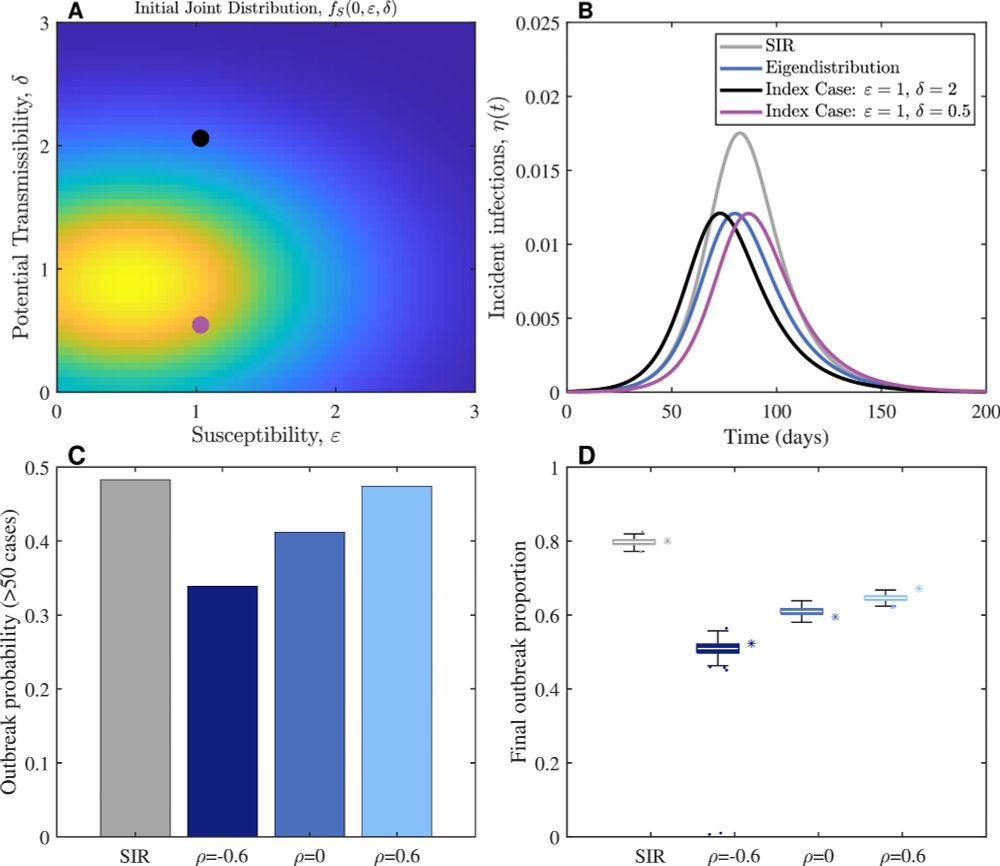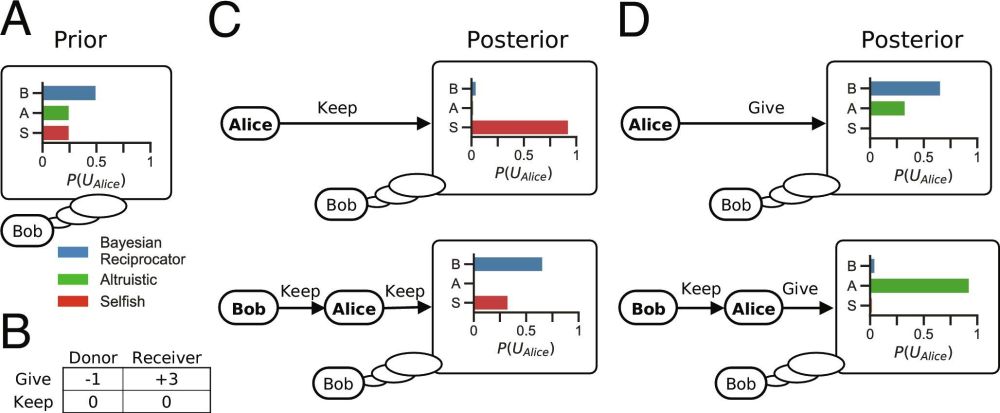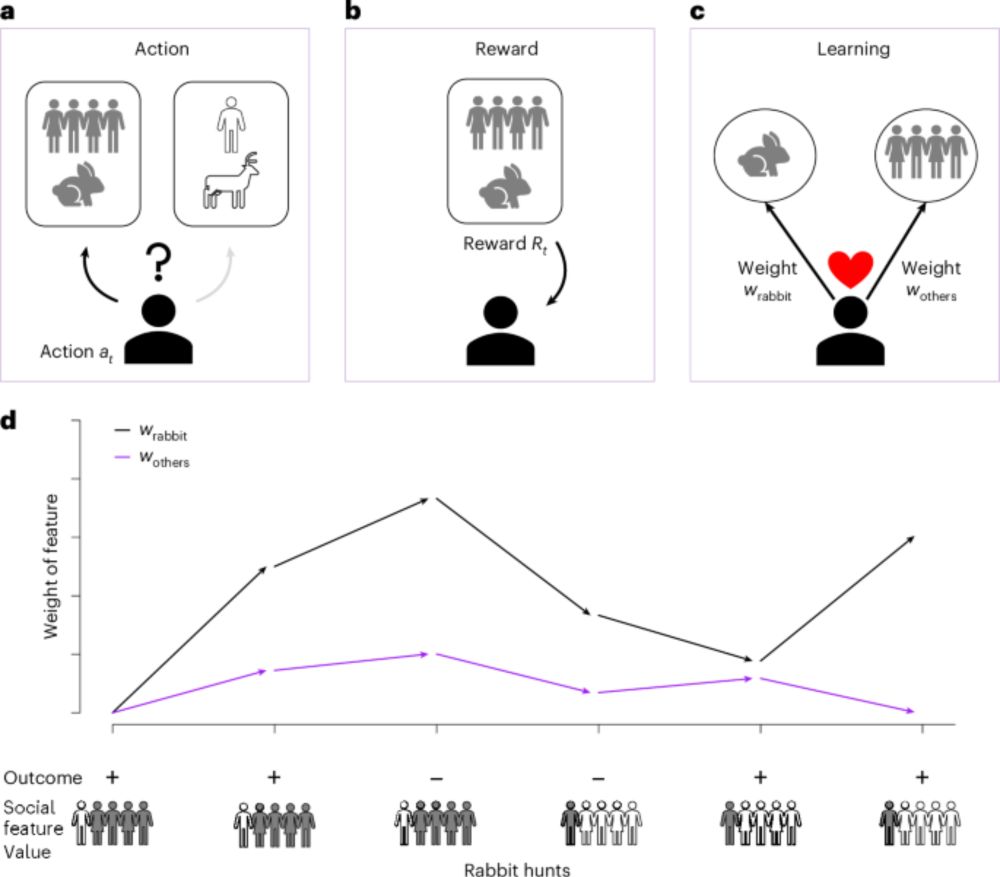
456: Kaleda Denton | Following the Majority - How Conformity Shapes Culture and AI
In this episode of the Armen Show, Armen Shirvanian interviews Dr. Kaleda Denton, a post-doctoral fellow at the Santa Fe Institute. They discuss the interdisciplinary nature of the Institute, the concept of niche construction in biology, and the dynamics of decision-making, particularly the differences between following the mean versus the majority. The conversation also explores the limitations of game theory, the role of cultural evolution in cooperation, and the impact of AI on accessibility and learning. They delve into the importance of reducing polarization while maintaining diversity in viewpoints, emphasizing the need for mixing and collaboration across different fields and perspectives. In this engaging conversation, Dr. Kaleda Denton and Armen Shirvanian explore a variety of topics including the distinction between majority and mean opinions, the challenges of reading in the digital age, and the implications of large language models (LLMs) on culture. They discuss the importance of communication in society, the influence of close circles versus wider communities in learning, and the role of influential figures in personal development. The conversation also delves into the concept of memes and cultural transmission, the impact of role models on cumulative culture, and the question of human uniqueness in the context of cultural evolution. Check out Kaleda's website at https://www.kaledadenton.com/ 00:00 Introduction to the Podcast and Guest 03:01 The Santa Fe Institute: A Unique Interdisciplinary Environment 05:56 Niche Construction and Extended Evolutionary Synthesis 08:56 Mean vs. Majority: Insights from Research 12:08 Game Theory and Its Limitations 15:03 Cultural Evolution and Cooperation 17:59 The Role of AI in Learning and Accessibility 20:54 Conformity Across Species and LLMs 23:59 The Importance of Current Information 27:03 Final Thoughts on AI and Human Interaction 36:57 The Quirks of AI Hallucinations 38:53 The Evolution of Language Models 39:35 Agency and Individuality in AI Interactions 41:41 The Flattening of Ideas and Language 43:42 Cognitive Offloading and Its Consequences 45:04 Reducing Polarization Through Interaction 48:39 The Importance of Mixing Perspectives 50:02 The Dangers of Majority Influence 53:51 Understanding Mean vs. Majority Opinions 01:04:32 Risks and Opportunities in Cultural Evolution 01:10:02 The Impact of Headlines on News Consumption 01:11:46 The Need for Positive News 01:15:04 Learning from Close Circles vs. Wider Communities 01:17:23 Influential Figures in Personal Development 01:18:44 The Evolution of Human Uniqueness 01:22:38 Understanding Memes and Cultural Transmission 01:23:10 The Multiplicative Costs of Altruism 01:36:09 The Role of Role Models in Cumulative Culture
Honoured to have done my first ever podcast on The Armen Show! Besides science, math, & academia, we talked about:
-LLMs hyping up bad ideas
-My 5 foster cats, but whether I'm secretly a dog person
-How it would be nice to "skip" & "mute" people in real life 😛
Check it out! 😄
tinyurl.com/yc4hjz2x
23.10.2025 20:58 — 👍 5 🔁 4 💬 0 📌 0
Thrilled to begin my graduate studies in Mathematics at @ubcmath.bsky.social with @chadisaadroy.bsky.social
02.09.2025 16:09 — 👍 6 🔁 1 💬 0 📌 0

Just finished reading an insightful book by @joshuasweitz.bsky.social, which explores the role of asymptomatic cases, the importance of large-scale testing, and vaccine development. Beyond COVID-19, it provides broader insights into how we can approach and prepare for future health challenges.
30.08.2025 04:11 — 👍 9 🔁 2 💬 0 📌 0

Figure 5 from the linked paper. It has four panels, and kind of looks nice, and is best described by the paper text and figure caption.
Modeling effects of population heterogeneity on disease spread. #OpenAccess in JTB, with Jeremy Harris , Esther Gallmeier, @beckettstephen.bsky.social and
@joshuasweitz.bsky.social. doi.org/10.1016/j.jt...
01.08.2025 14:12 — 👍 7 🔁 3 💬 0 📌 0

Evolving general cooperation with a Bayesian theory of mind | PNAS
Theories of the evolution of cooperation through reciprocity explain how unrelated
self-interested individuals can accomplish more together than th...
Our new paper is out in PNAS: "Evolving general cooperation with a Bayesian theory of mind"!
Humans are the ultimate cooperators. We coordinate on a scale and scope no other species (nor AI) can match. What makes this possible? 🧵
www.pnas.org/doi/10.1073/...
22.07.2025 06:03 — 👍 92 🔁 36 💬 2 📌 2
YouTube video by SMTPB
Reflections on Modeling and Theory in Population Biology: Joel Cohen
For “Reflections on the history of modeling and theory”, @sarperotto.bsky.social and I met with Joel Cohen. We learn how he navigated math and biology, the value of embracing ignorance, and what is a population. Or really, what _isn't_ a population: www.youtube.com/watch?v=RCt9...
@smtpb.bsky.social
26.06.2025 15:31 — 👍 33 🔁 12 💬 1 📌 1
Maybe we're all modellers, carrying a model of the world around in our heads. Our models don't usually matter. But mathematicians' models can matter a lot. What do they really contain?
Watch Erica Thompson's full lecture on responsible modelling: youtu.be/OpYUxZry4vo
26.06.2025 14:24 — 👍 9 🔁 4 💬 1 📌 1

Poster for event titled "How to Give an Engaging and Technical Research Talk" on June 6, 2025 at 1pm EDT. The speaker is Dr. Ana Bento from Cornell University and the slide contains a QR code and link to register.
Want to make your research presentations more compelling and accessible? Join @midas-network.bsky.social trainees for a workshop on how to give an effective research talk!
We'll hear from @anaisabelbento.bsky.social on how to tailor talks for different audiences & then apply what we've learned.
27.05.2025 14:19 — 👍 2 🔁 4 💬 2 📌 1

From humans to swarm intelligence, what is the impact of uninformed individuals on collective decisions? Check this comment in @science.org by @kenjennings.bsky.social and @carlbergstrom.com on @icouzin.bsky.social et al's paper cdanfort.w3.uvm.edu/csc-reading-...
25.05.2025 12:03 — 👍 32 🔁 7 💬 1 📌 1
HMEI Postdoc, Princeton university.
PhD '24 Stanford university.
Interested in population dynamics, theoretical ecology, and traditional farming landscapes.
Omidyar Postdoctoral Fellow at the Santa Fe Institute, interested in major evolutionary transitions, cooperation, conformity, and AI. Canadian 🇨🇦 she/her
Online journal club focused on Theoretical Biology.
https://fishersfishes.github.io/
Professor, Immunology and cancer researcher. EDI, data metrics and culture shift in academia; he/him; Views are my own. #IBPoCinSTEM 🇲🇾🇸🇬🇨🇦
Aspiring Crocodile ~ Behaviours and Brains, Collectives and Control theory ~ PhD student @imprs_qbee/@CBehav/@UniKonstanz ~ Drummer ~ Ramen enthusiast ~ He/Him
evolution & math = a super interesting job
Journalist with bylines in Nature, Quanta, Scientific American, New Scientist, and many more; former deputy news editor at New Scientist Author of 4 popular science books, including WHY MACHINES LEARN: The Elegant Math Behind Modern AI; TED speaker
C. elegans Neurobiologist | Assoc Prof at IISc Bangalore, India. Personal views
We are a centre dedicated to the study of collective behaviour | Integrative and Quantitative | Cluster of Excellence
@uni-konstanz.de, Germany.
Website: https://www.exc.uni-konstanz.de/collective-behaviour/
Professor of Theoretical Ecology, Kellogg Biological Station, Michigan State University
The official #UBC Mathematics department Bluesky feed. Follow us for research news and department announcements.
💻 https://www.math.ubc.ca/
🔗 https://lnk.bio/ubcmath
News and events from the Faculty of Science at the University of British Columbia.
Incoming Asst Prof at Rice (2026)
Postdoc @UPenn, Duke PhD
🧠 Cognitive neuroscientist/psychologist exploring how we recall the past & predict the future to change behavior
Interventions for health, climate change, & education
http://sinclairlab-rice.com
We (The World Health Organization) are the United Nations’ health agency championing Health For All. Always check the latest posts for updated advice/information. We will remove misinformation, spam, and hate speech here.
The Vermont Complex Systems Institute at the University of Vermont is a post-disciplinary team working on real-world, data-rich, meaningful complex systems problems of all kinds. https://vermontcomplexsystems.org/
The National Institute for Theory and Mathematics in Biology (NITMB) aims to transform the practice of biological research and mathematics
Disease ecologist especially interested in malaria and Madagascar. Postdoc at Princeton EEB
Engineering Maths PhD student @ University of Bristol | MBiomed Integrated Master's degree @ Cardiff University | Infectious disease epidemiology🧪🧬🧠🌱
She/her
Postdoctoral fellow at Harvard math. PhD from Max Planck Institute for Evolutionary Biology.
https://saptarshi07.github.io/personal-website/














